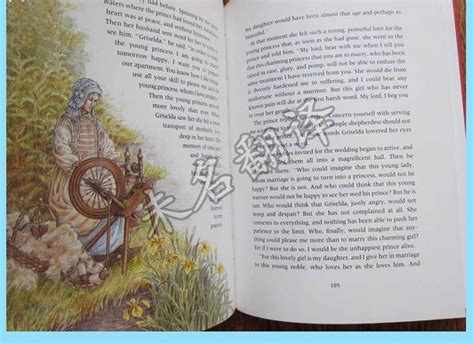文学作品英语作文
文学作品改编英语翻译
Introduction:
Literature has always been a rich source of inspiration for creative adaptations in various forms, including film, theater, and television. Translating these adaptations into another language requires a deep understanding of both the original literary work and the cultural nuances of the target language. In this article, we will explore the challenges and considerations involved in translating literature adaptations into English.
1. Maintaining Faithfulness to the Original Work:
One of the most crucial aspects of translating a literature adaptation is to ensure faithfulness to the original work. The translator must preserve the essential themes, narrative structure, and character development while also adapting the language for the target audience. It is important to strike a balance between staying true to the source material and making it accessible to Englishspeaking readers.
2. Capturing the Cultural Context:
Understanding the cultural context of the original work is vital for an accurate translation. A literary adaptation often reflects specific cultural references and societal norms. The translator must research and grasp these nuances to effectively convey them in the English version. Translating idiomatic expressions, slang, and cultural idioms can be particularly challenging but is essential to maintain the authenticity of the adaptation.
3. Adapting to the Target Language:
Adapting the source material to fit the English language requires skill and creativity. The translator should consider the linguistic peculiarities of English, including grammar, vocabulary, and syntax. Additionally, they must ensure that the translated dialogue sounds natural and believable for Englishspeaking audiences. Striking the right balance between formal and informal language is crucial to convey the characters’ personalities accurately.
4. Translating Poetic and Figurative Language:
Translating literature adaptations often involves dealing with poetic and figurative language. The translator must find equivalent expressions or choose idiomatic phrases that convey the same meaning and emotional impact as the original text. This can be challenging due to cultural differences and linguistic variations, but it is essential to maintain the richness and beauty of the original work.
5. Collaborating with the Adaptation Team:
Translating a literature adaptation is often a collaborative effort involving directors, playwrights, and actors. The translator must work closely with the adaptation team to ensure cohesion and consistency throughout the adaptation process. Regular communication and feedback sessions help address any concerns and ensure that the translation aligns with the overall vision of the adaptation.
Conclusion:

Translating literature adaptations into English is an intricate process that requires not only linguistic competence but also a deep appreciation for the original work. The translator must strive to maintain faithfulness to the source material while making necessary adaptations to suit the target language and culture. The successful translation of a literature adaptation not only brings the story to a wider audience but also captures the essence and spirit of the original work.
关键词:文学作品英语作文文学作品改编的电影有哪些文学作品英语翻译文学作品翻译英语怎么说
上一篇:家庭教育课堂如何激发孩子的内驱力
下一篇:年轻人买保险合适吗
